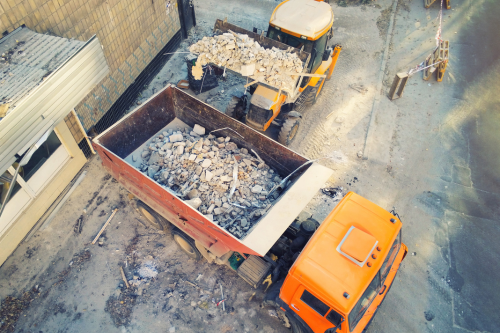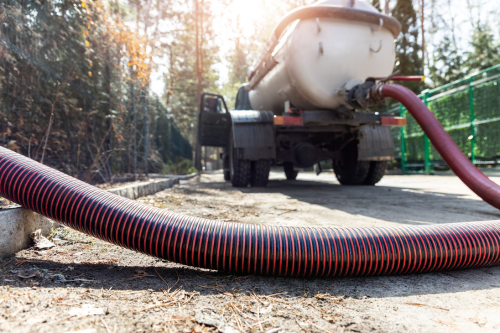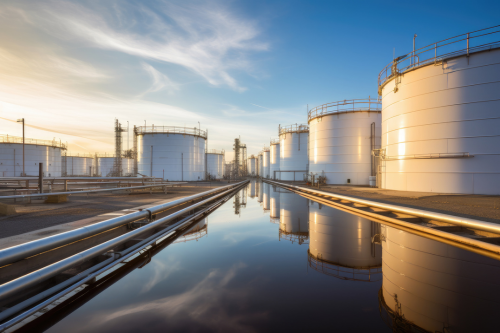In the ever-evolving sector of industrial waste management, Mantank Environmental Services stands at the forefront, offering unparalleled expertise and innovative solutions. Our comprehensive approach ensures efficient, environmentally responsible management of various waste types, including hazardous materials, dry waste, and liquids. With our extensive industry experience, we understand the intricacies of managing industrial waste, ensuring compliance with stringent regulations, and prioritising sustainability.
Our Industrial Waste Management Process: In-Depth
Navigating the complexities of industrial waste requires a thorough understanding and strategic approach. At Mantank, our process is comprehensive, covering every aspect from collection to final disposal or recycling. We employ advanced technologies and methods tailored to the specific needs of each waste type, significantly minimising environmental impact.
For instance, our hazardous waste management procedures adhere to the highest safety standards, utilising specialised equipment and highly trained personnel. Similarly, our recycling initiatives focus on sustainability, turning waste materials into reusable resources wherever possible.
Our team also hold many accreditations and certifications such as our Waste Carriers Licenses, Smas Worksafe accreditations, CHAS and British Safety Council.
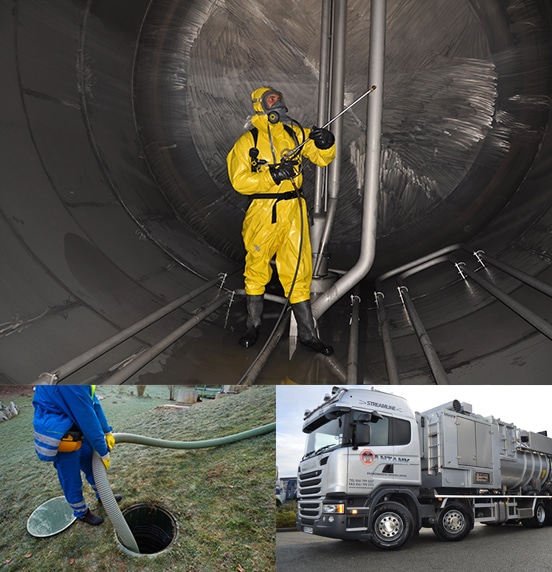
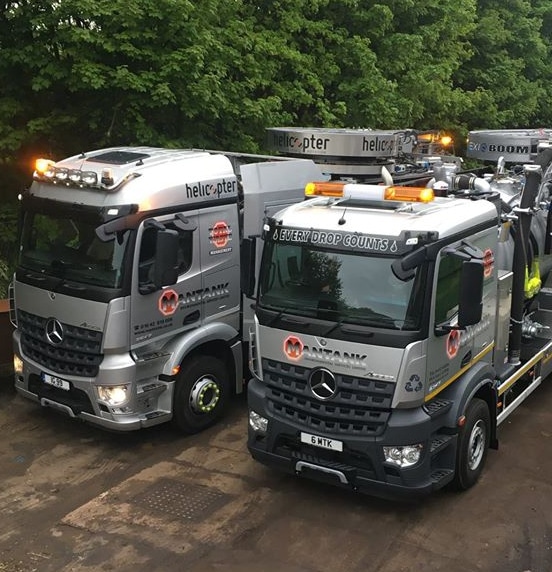
Real-World Success: Case Studies
Our expertise shines through in our successful track record with diverse industrial sectors. For instance, there have been projects where a customised waste management solution was required.
In these projects our team have been able to implement a streamlined process, significantly reducing waste-related costs and enhancing their environmental compliance. These real-world applications underscore our capability and commitment to resolving even the most challenging waste management issues.
Our Environmental Commitment to Industrial Waste Management
Sustainability is at the heart of what we do. We’re dedicated to not just meeting but exceeding environmental regulations. Our strategies are designed to reduce waste, avoid pollution, and conserve natural resources, contributing to a healthier planet. This commitment is evident in our continuous investment in eco-friendly technologies and processes that reduce our carbon footprint.
FAQs and Resources
To assist our clients and site visitors, we’ve compiled a detailed FAQ section, addressing common queries related to industrial waste management. Whether you’re wondering about the legal aspects of waste disposal, specific types of waste, or emergency procedures, we’ve got you covered:
What is industrial waste management?
Industrial waste management involves the systematic handling of waste produced by industries, encompassing practices such as collection, transportation, treatment, recycling or disposal. The goal is to mitigate the impact on the environment and human health, ensuring compliance with regulatory standards.
Why is proper industrial waste management important?
Effective management is crucial to prevent pollution, conserve natural resources, and avoid health hazards. It also helps industries comply with legal requirements, avoid penalties, and contribute to sustainable environmental practices.
What types of waste are involved in industrial waste management?
Industrial waste can be solid, liquid, or gaseous, with some waste classified as hazardous due to its harmful nature. Common types include chemical solvents, paints, sandpaper, metals, radioactive materials, and even office supplies.
How is hazardous waste handled differently?
Hazardous waste requires stringent handling due to its potential to harm the environment and public health. Special procedures for collection, transportation, and disposal are followed, often involving specialised facilities and equipment.
Can industrial waste be recycled?
Yes, certain industrial waste can be recycled or reprocessed into new products. This practice is environmentally beneficial and can be cost-effective for industries.
Who regulates industrial waste management?
Various national and local authorities oversee industrial waste management, enforcing laws and regulations to ensure public safety and environmental protection. Compliance with these standards is mandatory for industrial operations. Our team are highly experienced in meeting the appropriate waste management, disposal and collection legislation in the UK.
Highways Drainage: Essential FAQs
As a drainage company specialising in servicing roadways and highways, we often encounter a range of questions regarding highways drainage....
Crucial steps to follow for construction waste disposal
Construction waste disposal is a critical aspect of the building process, impacting both environmental sustainability and project efficiency....
The crucial role of vacuum truck services
Vacuum truck services play a crucial role in various industries, offering efficient and effective solutions for the collection, transport, and...
Refinery tank cleaning: Processes and Maintenance
Refinery tank cleaning is a critical process in the maintenance and operation of oil refineries. This process involves the removal of...


